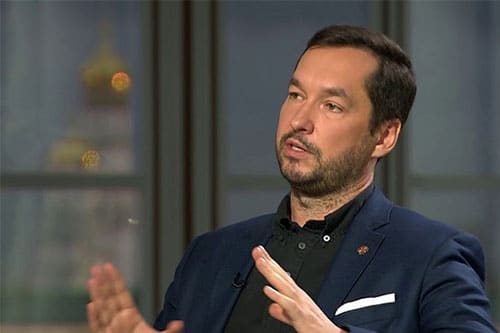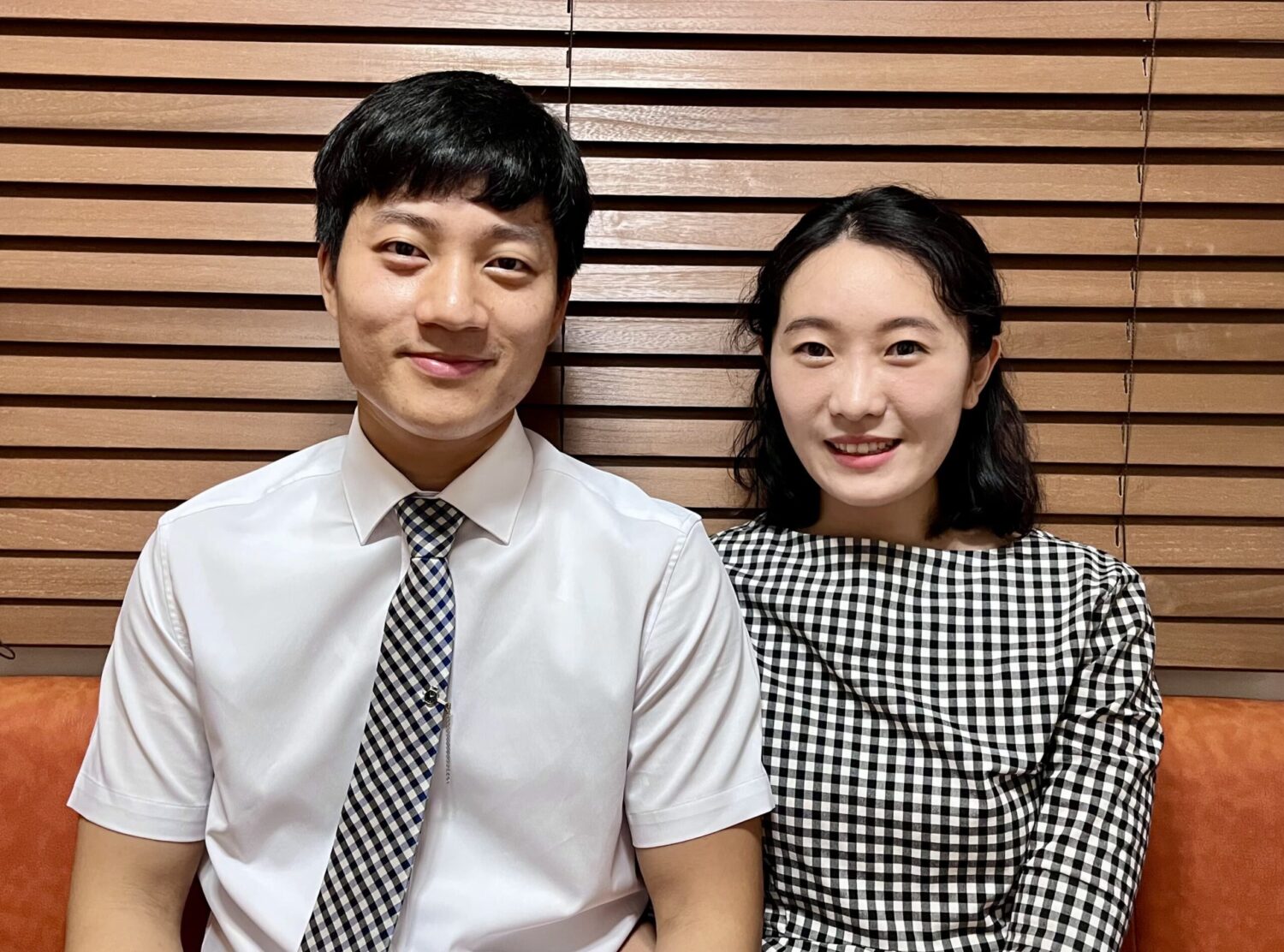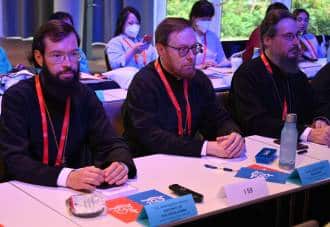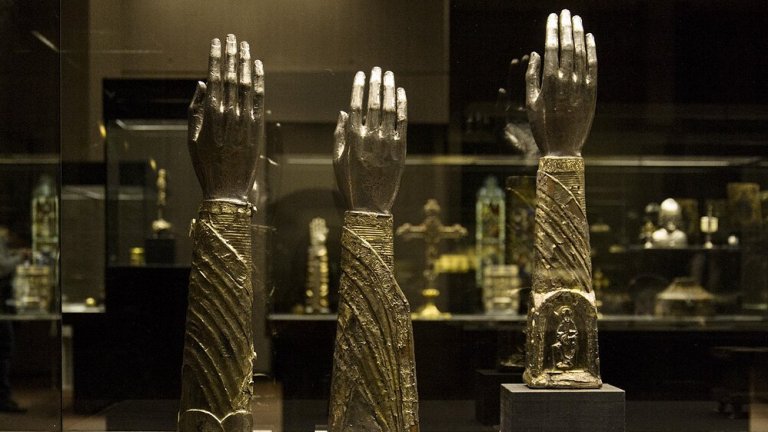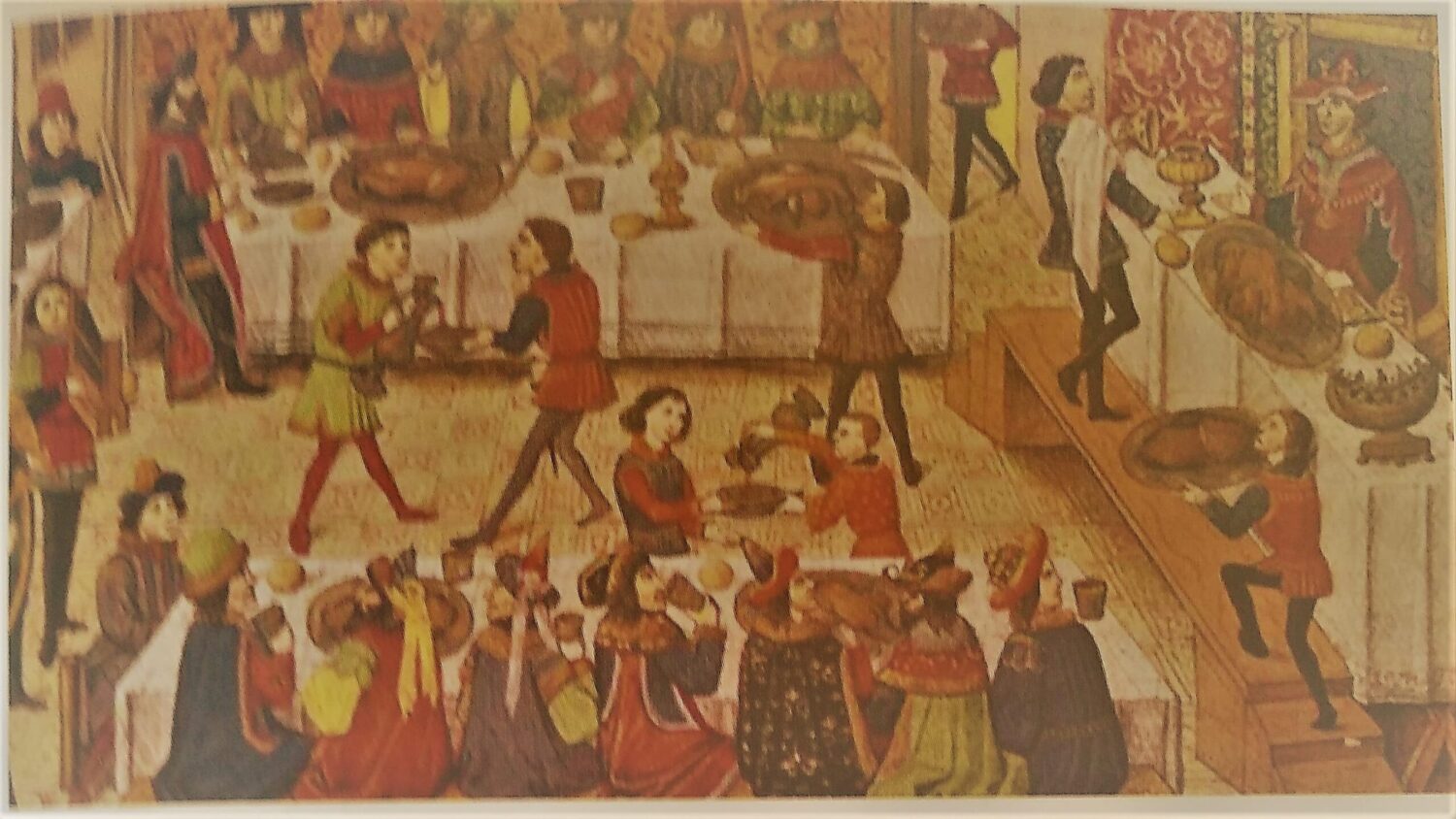Chairman of the World Union of Old Believers Leonid Sevastianov recently said that Pope Francis intends to visit Moscow – and then Kyiv. We invited Leonid Sevastianov to comment in more detail both on this case and on his relationship with the Pope in general.
JLB: Your statements about the position of Pope Francis on the war in Ukraine often appear in the media, and in fact, you act as a public mediator of the Pope. We learn more about his position and plans from you than from him. Are you authorized by the Holy Father to make such comments?
LS: My family has known the Pope for 10 years. Our acquaintance with him took place in the context of organizing a concert for peace in Syria in the Vatican in 2013. My wife Svetlana Kasyan, an opera singer, participated in the concert with a solo program. I myself dealt with organizational issues. Since then, peace, peacemaking is exactly what our relationship with the Pope is based on. In addition, my wife and I have been actively involved in the prolife movement. In 2015, we created the Save Life Together Foundation, which works to protect the dignity and rights of unborn children. For her activities, Svetlana was elevated by Pope Francis to the rank of Dame of the Order of St. Sylvester. My wife and I greatly value our relationship with Pope Francis and even named our newborn son after him. When the war began, the Pope gave me the obedience to work in the cause of peace. I am his goodwill ambassador for the promotion of peace. You know that the Pope is a Jesuit. Jesuits spirituality emphasize the role of the individual, the little man, his autonomy in promoting the Gospel throughout the world. Pope Francis, I think, trusts me, realizing that I do not have any skeletons in the closet, and my motivation for him is clear and obvious. Pope has told me that he was ready for any step so that peace reigned in Europe. For him, a trip to Russia and Ukraine has great symbolism. He is sure that this trip will help Ukraine and Russia to agree on a world that is fair for all.
JLB: During the protests in Belarus, you unequivocally supported the Belarusian people in the struggle for peace, freedom and justice. Whose side is the truth in Russia’s war in Ukraine now? How justified do you think Russia’s territorial claims are in relation to Ukraine, including in relation to the Crimean Peninsula?
LS: A few years ago, I would have tried to answer your question in the way in which you would like to hear my answer. But my relationship with Pope Francis helped me to understand myself as a Christian, or, if you like, to understand Christianity itself. I will answer you with a question to the question: on which side is the Pope on the issue of the destruction of the Papal States, on the issue of the conquest of Rome by Garibaldi and Victor Emmanuel? Or on which side did Jesus Christ and the apostle Peter stand in the matter of the fall of Jerusalem in the year 70? My point is that Christianity as such does not answer the questions of geopolitics. Rather, it is not the competence of Christianity. Viewing Christianity as patriotism is not part of the gospel. I am not saying that a person should not be a patriot, I am only saying that Christianity cannot be drawn into the issue of patriotism and national interests. Christianity operates with questions of eternity – even when the Earth itself and the solar system will not exist. Therefore, many do not understand the Pope, they want to see him as a politician, just as many of His contemporaries saw in Christ. Being disappointed in Him as a politician, some people betray Him, others deny Him, and still others are ready to crucify Him. Let’s look at the Pope as a preacher of the Gospel, not as a politician.
[Leonid Sevastianov already gave his personal opinion on the war, stating that from a Christian point of view, supporting it is a heresy. And on August 30, 2022, the Vatican issued a statement which contained: “As for the large-scale war in Ukraine initiated by the Russian Federation, Pope Francis’ interventions are clear and unequivocal in condemning it as morally unjust, unacceptable, barbaric, senseless, repugnant and sacrilegious.”]
JLB: You regularly give comments to TASS, which is perceived abroad as one of the mouthpieces of the Kremlin propaganda. Why do you cooperate with this particular media?
LS: There are only 3 news agencies in Russia: TASS, RIA Novosti and Interfax. No others. I cannot be responsible for others. I can only answer for myself. Only because there is no political motivation and political propaganda in my words.
JLB: You have known Patriarch Kirill for a long time, ever since he was Metropolitan of Smolensk. What is your relationship with him now? What can you say about the phrase of Pope Francis that he is Putin’s altar boy? What are your relations with Metropolitan Hilarion and the new head of the DECR Vladika Anthony (Sevryuk) now? Do you keep in touch with them?
LS: I have known Patriarch Kirill since 1995. I was sent by Metropolitan Alimpiy Gusev, chairman of the Russian Old Believers Orthodox Church, to study at the Moscow Theological Seminary through Metropolitan Kirill. At the same time, the Patriarch sent me to study in Rome at the Gregorian University, I went there in 1999 through the monastic community in Bose, which is located in northern Italy. I studied in Rome with the money of this very community under the supervision of its leader Enzo Bianchi. Then I continued my studies at Georgetown University in Washington on a scholarship from the American Bradley Foundation. I worked at Georgetown University as a chaplain, as well as at the World Bank. When I returned to Moscow in 2004, I did not want to work for the Department of External Affairs of Moscow Patriarchate (DECR). On this basis, we had a misunderstanding with Metropolitan Kirill, who then headed this structure, which, one might say, persists to this day (the misunderstanding). In 2009, after the election of Metropolitan Kirill as Patriarch and the appointment of Metropolitan Hilarion (Alfeev) as chairman of the DECR, I created and headed the Gregory the Theologian Foundation, which sponsored the activities of the DECR and the creation and restoration of buildings and premises, of the All-Church postgraduate and doctoral studies, as well as its daily activities. Due to the fact that I did not support the rupture of communion with the Greek churches in 2018 and was also indignant at the unworthy attitude of the Moscow Patriarchate towards Old Believers, funding was stopped on our part, and I left the foundation. In 2018, the only World Congress of Old Believers in history took place, at which I presented the concept of the World Union. This concept was approved by the Congress, and in 2019 I created the organization of the World Union of Old Believers. Since then, within the framework of this organization, I have been engaged in the protection and promotion of the world’s Old Believers. I am also very much involved in Russia on promoting religious freedom for all domestically. As regards Vladyka Anthony (Sevryuk), the new head of the DECR, I know him well, from the time when he was still a student. I can’t say anything bad about him. I know him only from the best side. He never did anything bad to me or to anyone I know.
JLB: Why does the Pope intend to visit Moscow first, and not Kyiv? Did you try to discuss with him the possibility of first coming to Kyiv, and only then conveying the position of the Ukrainian authorities to the Kremlin, and not vice versa?
LS: I think that for the Pope the order of the visit is not of fundamental importance: he just wants to connect the visit to the two capitals within the framework of one trip. That is, to go to Ukraine and Russia, and whether he enters Russia from the territory of Ukraine or, conversely, to Ukraine from the territory of Russia, this is not important for him. It is important that the two visits be part of a common trip in order to emphasize the peacekeeping and humanitarian nature of the trip. I think that the Russians will not be offended if he flies to Russia from Ukraine.
JLB: How much does the Pope listen to your opinion? How important is it to him?
LS: The Pope listens to any opinion. And for him, the smaller the person, the more important his opinion. I have seen this from my own experience. My opinion for him, I am absolutely sure of this, is no more important than the opinion of Ukrainians or those Belarusians with whom he communicates.
JLB: The Ukrainian flock reacts very painfully to the words and actions of the Pope, believing that he is acting in the wake of the Kremlin’s policy. Does the pope see a threat to lose the Ukrainian flock by his flirting with Moscow?
LS: Regarding the so-called “flirting” of the Pope, I would like to remind you once again that the Pope is about the Gospel, not about politics. Remember how the disciples came to Christ and told Him that many had moved away from Him because of His politically incorrect words? Then Christ asked them: And you, don’t you also want to leave Me? And it was then that Peter answered that they had nowhere to go, because He is Christ. The Pope speaks of the Gospel. And it is for everyone, both Russians and Ukrainians. Christ hung on the cross, and to the right and to the left of Him were thieves. But one of them said he wanted to be with Christ, and the other said he didn’t. Here is the story about the Pope. The Pope cannot be compared with George Washington, the Maccabee brothers, Prince Vladimir, Monomakh or King Stanislaus. The Pope can only be compared with Christ. And to ask whether His behavior corresponds to Christ or not, to ask the question, what would Christ have done in His place. It is not the healthy who need a doctor, but the sick. The whole Gospel is about it!
JLB: Do you agree with the Pope’s statement that the deceased Daria Dugina is an innocent victim of the war? Did you know Daria when she was a parishioner of one of the churches of the Russian Orthodox Church? How did it happen that she became one of the propagandists of the war?
LS: You know, I would like to answer the words about Daria with the speech of the Godfather to the undertaker, who came to ask the Godfather to kill the criminals who raped his daughter. The undertaker said that justice would be served. The Godfather asked: is it fair to kill those who have not killed anyone? Even the Old Testament had a tit-for-tat rule. Daria did not kill anyone, she did not participate in the war on the front line. Therefore, her death is unjust. In this sense, she is an innocent victim of war. This is what the Pope said. I didn’t know Daria. Prior to her death, very few people knew her at all. She did not have any significant influence on the ideology in Russia.



